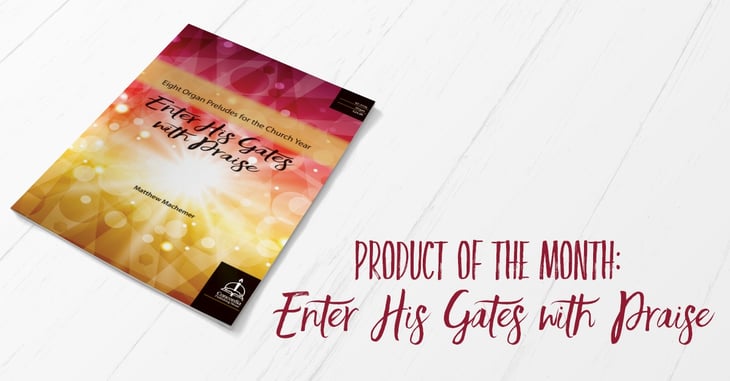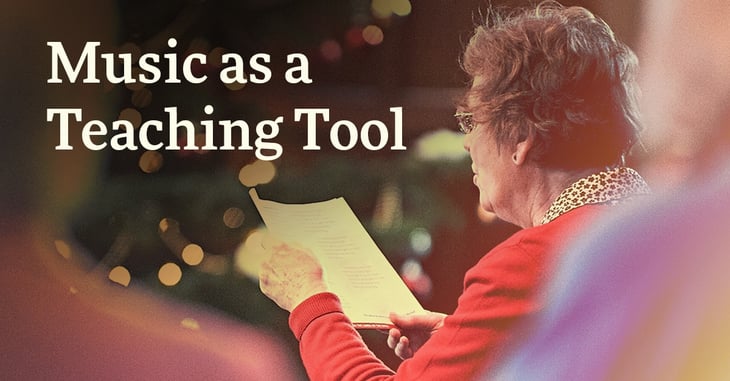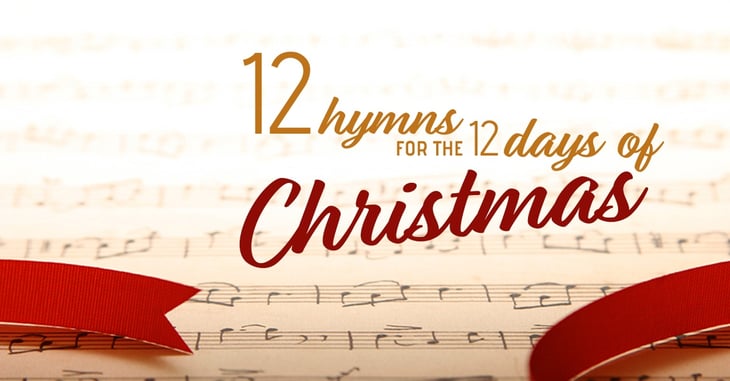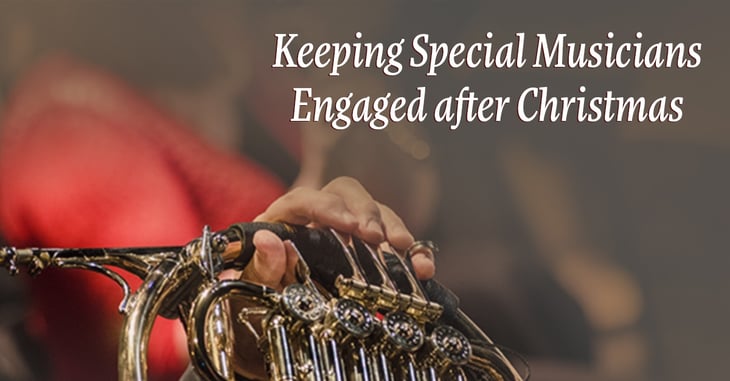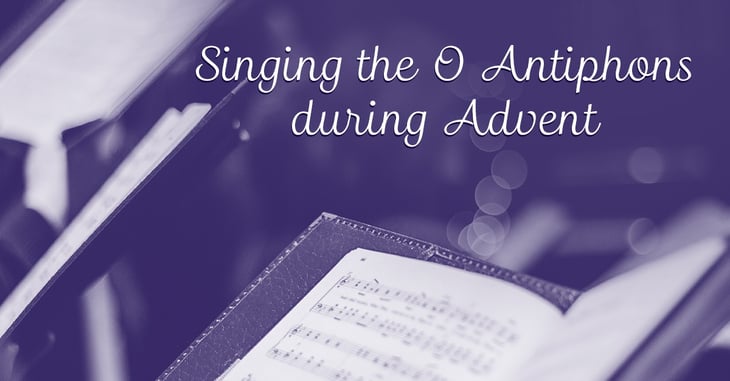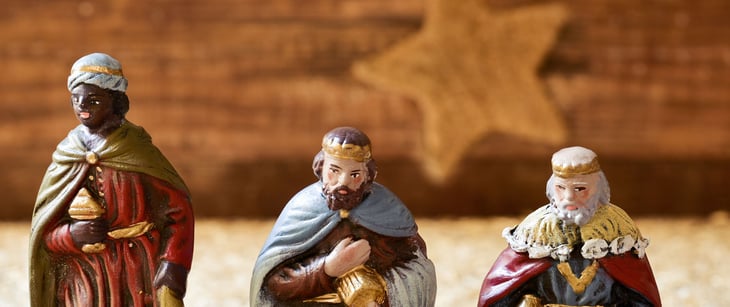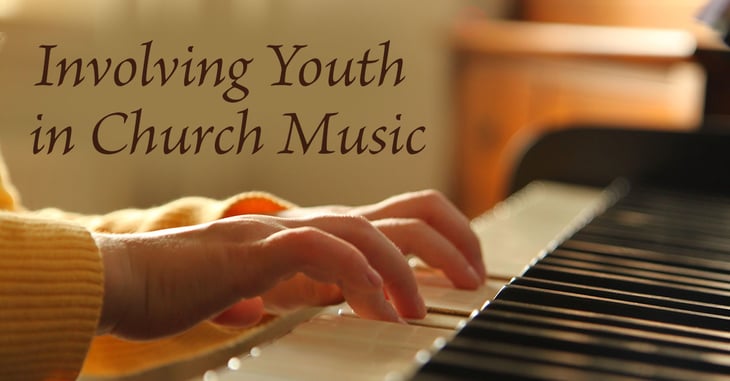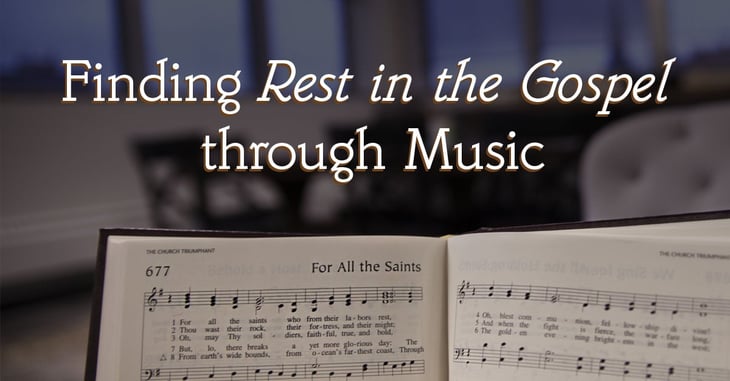Product of the Month: Enter His Gates with Praise
Our product of the month for January is Enter His Gates with Praise: Eight Organ Preludes for the Church Year. Read about the preludes and the composer, and download a free excerpt to use at your church!
Music as a Teaching Tool
Have you ever wondered why it’s so easy to remember the lyrics to that one song you heard on the radio but it’s so hard to remember Luther’s explanation of the Fifth Commandment? That’s because when you put things to music, they’re much easier to memorize.
Twelve Hymns for the Twelve Days of Christmas
Merry Christmas! What a joy to know that the Church’s Christmas song continues through the next eleven days. Enjoy these twelve hymns as you rejoice in the Savior’s birth!
Keeping Special Musicians Engaged after Christmas
It is often at Christmas that church music directors pull out all the stops—and all the special musicians. Special musicians, whether they are singers or instrumentalists, are usually willing to share their talents at this festive time of year. But how can church music directors engage these other musicians all year round?
Singing the O Antiphons during Advent
During the Advent season, churches may set aside time to reflect on the O Antiphons of Advent through worship and song. What are these O Antiphons and how can church musicians incorporate them into the church’s song this Advent season?
Preparing for the Epiphany Season
As churches celebrate Jesus’ birth in the flesh and transition into the following parts of the Church Year, there are several things to consider when maintaining the sanctuary. At what point does the nativity scene get put away? What other decorations are appropriate? When do the paraments change color? Here are some tips to help your altar guild during the season of Epiphany.
Involving Youth in Church Music
A topic of discussion for many years has been how to get youth more involved in church. One way to approach this is by looking at music. Get the youth involved in music; then point them to music in the church. Here are a few ways to think about involving young people in church, specifically through music.
Preparing the Church Sanctuary for Christmas
Dozens of candles, elegant tree decorations, cheery poinsettias—beautiful sanctuary decorations for Christmas highlight the thrill and wonder of Jesus being born in the flesh! Here are some tips from The Altar Guild Manual for decorating your church sanctuary in ways that focus the glory on God and what He has done for us in Christ.
Finding Rest in the Gospel through Music
“Soon, soon to faithful warriors cometh rest.”
One of my favorite lines from the hymn “For All the Saints,” these words are a source of incredible comfort in a weary world. While we wait for the eternal rest the hymn mentions, music provides a temporary relief from struggle and labor.
Preparing the Church Sanctuary for Advent
The season of Advent provides a great opportunity to stop and pause, to wait with joyful anticipation for Christmas. While the rest of the world may be singing Christmas carols and decorating trees, the church patiently waits for the coming of Christ. During this time, the altar guild and church office have a special opportunity to help reinforce the message of Advent through the paraments, bulletins, and other adornments that are used in the church sanctuary.
